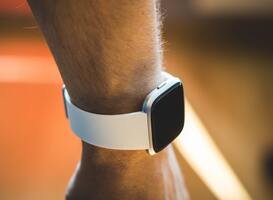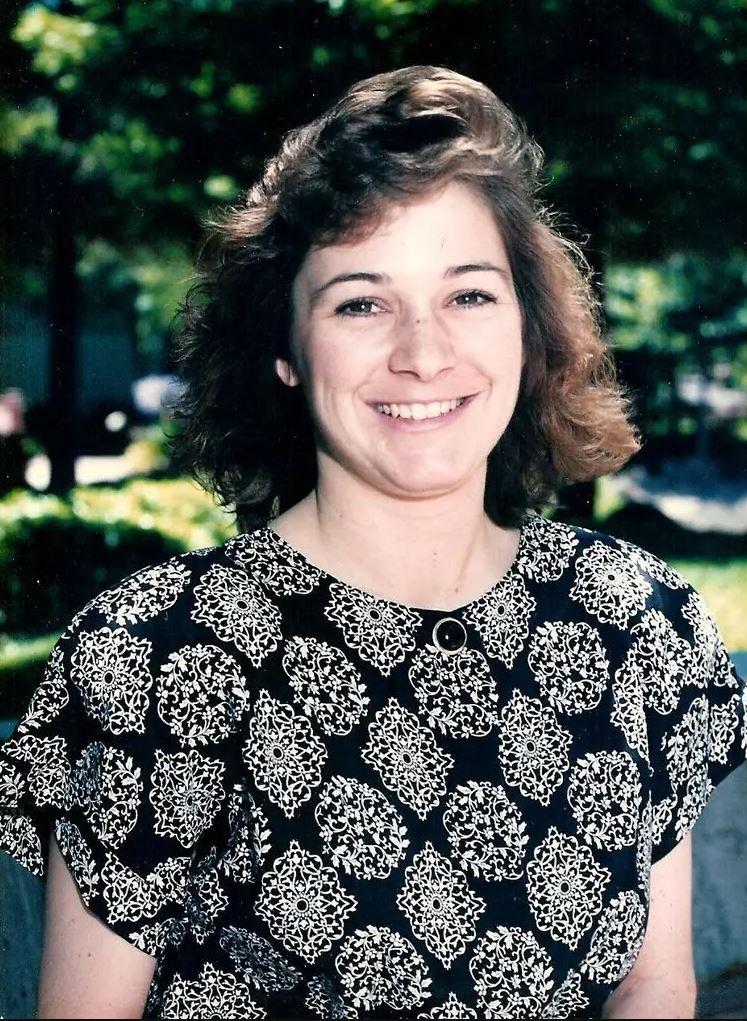PhD research by UT researcher Youri Derks, also a GZ psychologist at GGNet, shows that a biosensor application for smartwatches can offer a solution for people who suffer from ‘borderline’ and have difficulty recognizing emotions. The app helps them detect rising emotions at an early stage, allowing them to take action earlier to prevent disruption. Derks will defend his thesis ‘Alexithymia in borderline personality problems – from theory to a biosensor application’ on 14 July 2022 at the University of Twente. This is reported by the University of Twente and GGNet.
–
Derks investigated how alexithymia plays a role in people with borderline personality problems (BPD). People with alexithymia have trouble recognizing and naming their emotions. In BPD, a person has trouble channeling their emotions. Emotions are often not noticed until they are very strong and overwhelm the person. Derks’ research shows that there is a clear relationship between alexithymia and BPD. Together with other researchers from the University of Twente, Derks developed the biosensor app ‘Sense-IT’ as a new form of treatment for alexithymia.
Changes in emotional tension
The Sense-IT app works on a smartwatch, registers the heart rate and combines this with the amount of movement. The app gives a signal when the voltage rises. If you don’t move or move little, while your heart rate is rising, that can be a sign of increasing emotion. You can then see in real-time what your physical tension level is by the amount of glowing balls on the smartwatch. The purpose of the app is that people learn to recognize changes in their emotional tension sooner, so that they can respond more quickly and, if possible, prevent unpleasant consequences.
Integrate into existing treatment
In such situations, users can note information about the circumstances at the time of the signal, and what they notice for themselves. If necessary, they can easily share the measurements and notes with their practitioner, so that they can integrate them into the existing treatment. Sense-IT is currently not allowed to be used freely in existing treatments, but it is one of the first and few apps that is ready to be used in clinical effectiveness studies. Wider dissemination and implementation is therefore expected in the near future.
Innovative treatment methods
People with BPD experience a high burden of disease, which means that they are often unable to participate fully in society. Derks therefore believes it is important to look for truly innovative treatment options. A mission that fits GGNet: “The research fits our need to really develop new options for patients and thereby improve their self-management and well-being,” says Derks.
By: National Care Guide
–


